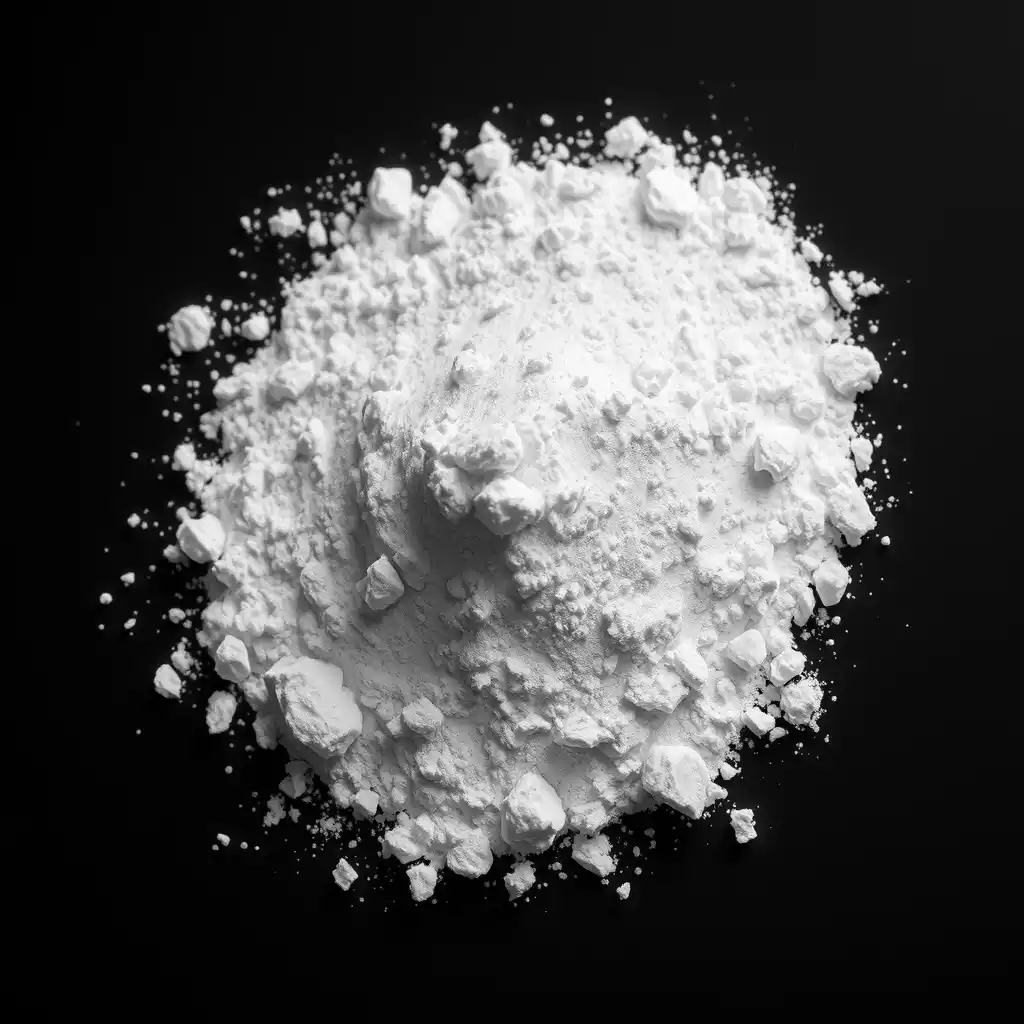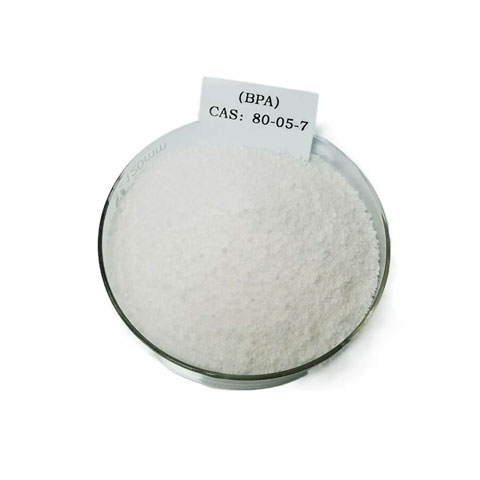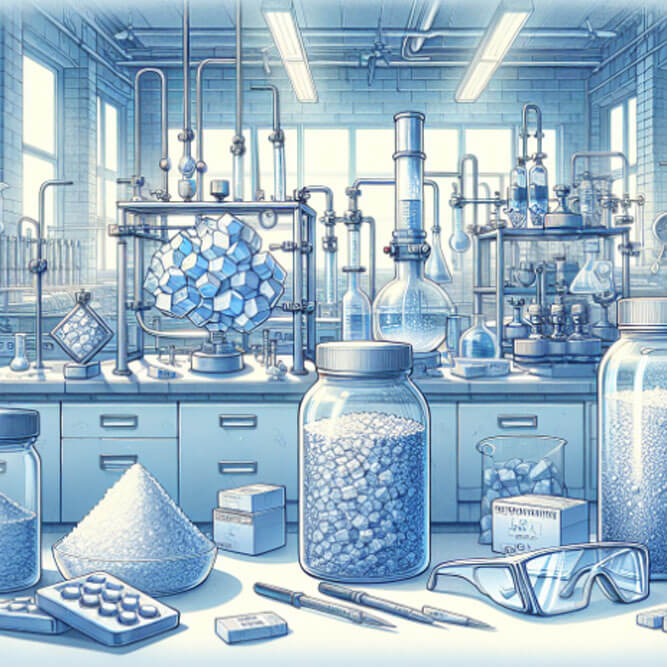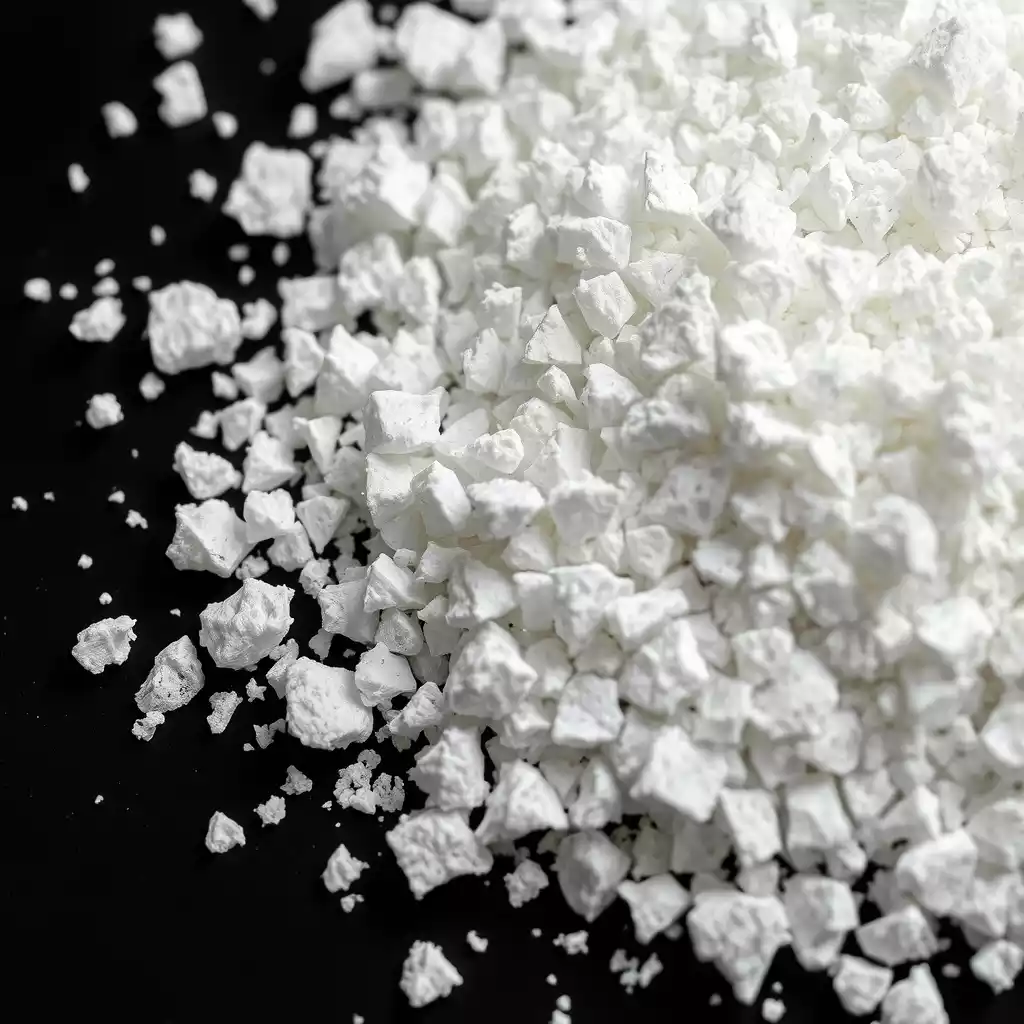![]()
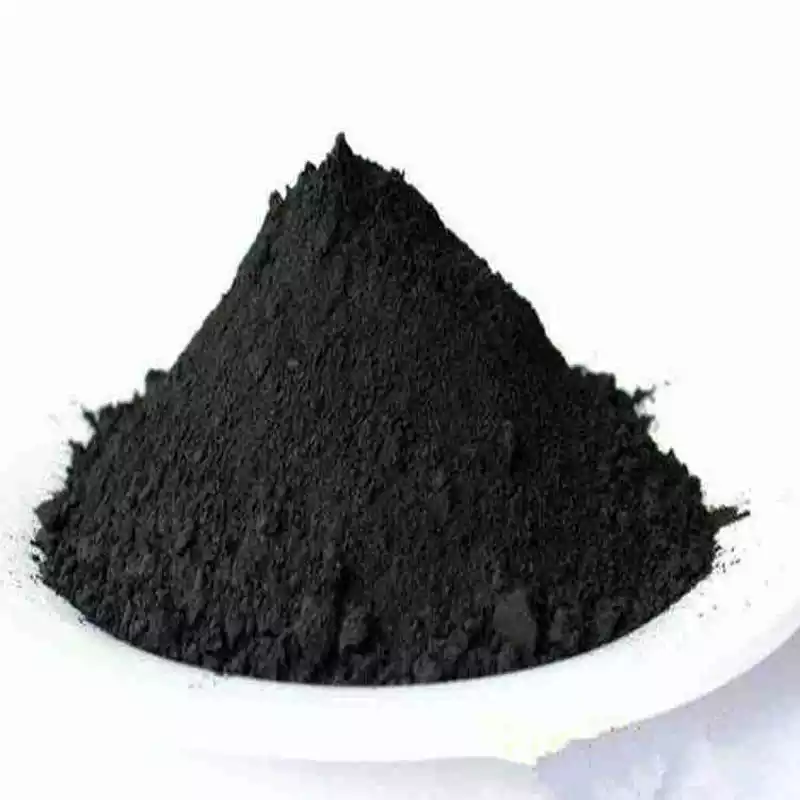
¿Qué es el óxido de platino?
El óxido de platino, conocido químicamente como óxido de platino (IV) (PtO₂), es un compuesto muy valioso en el mundo de las materias primas químicas. Utilizado predominantemente en reacciones de catálisis e hidrogenación, el óxido de platino desempeña un papel fundamental en una variedad de industrias, que abarcan desde la farmacéutica y la petroquímica hasta la producción de energía y la electrónica. A medida que las industrias continúan evolucionando, se espera que aumente la demanda de óxido de platino y otros catalizadores de metales preciosos, lo que lo convierte en un material fundamental para aplicaciones industriales a gran escala.
En este artículo, exploraremos ¿Qué es el óxido de platino?, sus propiedades, métodos de producción y sus múltiples aplicaciones. Además, examinaremos la importancia del óxido de platino dentro del mercado mundial de materias primas químicas, centrándonos especialmente en Honrel, un proveedor global confiable de materias primas químicas de alta calidad, incluido óxido de platino y otros materiales industriales esenciales. Esta guía detallada lo ayudará a comprender cómo el óxido de platino puede contribuir a las operaciones de su negocio y por qué Honrel Debería ser su fuente de referencia para materias primas químicas de primera calidad.
Tabla de contenido
¿Qué es el óxido de platino?
Óxido de platino (PtO₂) es un compuesto químico formado por platino y oxígeno, y se encuentra disponible principalmente en dos estados de oxidación: óxido de platino (II) (PtO) y óxido de platino (IV) (PtO₂). Entre estos, óxido de platino (IV) Es la forma más utilizada en aplicaciones industriales. Este compuesto altamente estable y reactivo se encuentra con mayor frecuencia en forma de polvo negro, que es un material granular fino que ofrece una gran área superficial para reacciones catalíticas.
El óxido de platino es un compuesto esencial para una variedad de procesos químicos, incluidas las reacciones de hidrogenación, donde actúa como un catalizador eficiente. Su capacidad para facilitar las transformaciones químicas a temperaturas relativamente bajas hace que sea muy buscado en varios sectores industriales. Además, el óxido de platino se emplea a menudo en la producción de celdas de combustible, donde su alta actividad catalítica se aprovecha para mejorar la eficiencia energética.
Propiedades químicas del óxido de platino
El óxido de platino es conocido por sus propiedades químicas únicas, que lo hacen adecuado para varios procesos industriales críticos. A continuación, se presentan algunas características clave del óxido de platino:
| Propiedad | Valor/Descripción |
|---|---|
| Fórmula química | PtO₂ |
| Peso molecular | 227,10 g/mol |
| Color | Pólvora negra |
| Punto de fusión | 1.700 °C (3.092 °F) |
| Densidad | 21,45 g/cm³ |
| Solubilidad | Insoluble en agua |
| Reactividad | Alta actividad catalítica |
| Estado de oxidación | +4 (Pto(IV)) |
Estas propiedades subrayan la eficacia del óxido de platino como catalizador en diversas aplicaciones industriales. Su alto punto de fusión y su estabilidad en condiciones extremas lo hacen ideal para su uso en reacciones a alta temperatura. Además, la estructura densa del óxido de platino contribuye a su excepcional actividad catalítica, especialmente en reacciones en las que el papel del platino es fundamental.
Métodos de producción de óxido de platino
El óxido de platino se produce normalmente mediante una serie de reacciones químicas. El método más común para producir óxido de platino implica la oxidación del platino con oxígeno en condiciones controladas. A continuación, se ofrece una breve descripción general de los métodos de producción utilizados en la industria:
1. Reacción con peróxido de hidrógeno
El método más común para producir óxido de platino es mediante la reacción del cloruro de platino (IV) (PtCl₄) con peróxido de hidrógeno (H₂O₂). Esta reacción da como resultado la formación de óxido de platino en forma de polvo fino y negro:
PtCl4+4H2O2→PtO2+4HCl+2H2O
2. Descomposición de sales de platino
Otro método consiste en calentar sales de platino en presencia de oxígeno. El proceso de calentamiento hace que las sales de platino se descompongan y formen óxido de platino. El método es preciso y requiere un control cuidadoso de la temperatura para garantizar que el óxido de platino se produzca sin contaminación.
Una vez sintetizado, el óxido de platino puede refinarse y procesarse aún más para su uso en diversas aplicaciones, incluida la catálisis y la producción de energía.

Aplicaciones del óxido de platino
El óxido de platino es un componente fundamental en numerosos procesos industriales, especialmente en catálisis, reacciones de hidrogenación y producción de energía. A continuación, exploraremos las diversas aplicaciones del óxido de platino en diferentes sectores.
Óxido de platino en catálisis
El uso más destacado del óxido de platino es en catálisis, donde desempeña un papel crucial para facilitar las reacciones químicas. El óxido de platino se utiliza ampliamente en reacciones de hidrogenación, en las que se añade hidrógeno a compuestos orgánicos insaturados, como alquenos y alquinos, para producir compuestos saturados. Este proceso es vital en la producción de diversos productos químicos, incluidos productos farmacéuticos, petroquímicos y alimenticios.
En la fabricación de automóviles, el óxido de platino se utiliza en los convertidores catalíticos para reducir las emisiones nocivas de los motores. El compuesto ayuda a convertir los gases tóxicos, como el monóxido de carbono y los óxidos de nitrógeno, en sustancias menos nocivas.
Óxido de platino en reacciones de hidrogenación
La hidrogenación es una de las aplicaciones más importantes del óxido de platino. Este proceso se utiliza para convertir hidrocarburos insaturados en compuestos saturados mediante la adición de hidrógeno. Algunas de las principales industrias que dependen del óxido de platino para la hidrogenación son:
- Productos farmacéuticos:El óxido de platino se utiliza para hidrogenar diversos compuestos farmacéuticos, produciendo intermedios para medicamentos.
- Industria alimentaria:El óxido de platino se emplea en la hidrogenación de aceites, haciéndolos más estables y mejorando su vida útil.
- Petroquímicos:La hidrogenación juega un papel clave en el refinado de productos derivados del petróleo y la conversión de hidrocarburos insaturados en compuestos más estables.
Óxido de platino en Pilas de Combustible y Producción de Energía
El óxido de platino también se utiliza ampliamente en Pilas de combustible Debido a su alta actividad catalítica, las pilas de combustible convierten la energía química directamente en energía eléctrica, lo que las convierte en una fuente importante de energía limpia. El óxido de platino mejora la eficiencia de las pilas de combustible, que se utilizan en diversas aplicaciones, entre ellas:
- Pilas de combustible para automoción:Las pilas de combustible de hidrógeno se utilizan en vehículos para proporcionar una fuente de energía limpia que únicamente emite vapor de agua.
- Pilas de combustible estacionariasLas pilas de combustible basadas en óxido de platino también se utilizan en aplicaciones de generación de energía estacionaria, donde ayudan a producir electricidad sin las emisiones dañinas asociadas a las centrales eléctricas tradicionales.
Además de las pilas de combustible, el óxido de platino se utiliza cada vez más en Aplicaciones de energía renovable, como la producción y el almacenamiento de hidrógeno.
Otras aplicaciones industriales del óxido de platino
Además de su función en la catálisis y la producción de energía, el óxido de platino también se utiliza en otras aplicaciones industriales, entre ellas:
- Síntesis química fina:El óxido de platino se emplea en la producción de productos químicos de alta pureza y productos especiales, donde sus propiedades catalíticas son esenciales para lograr reacciones químicas precisas.
- Electrónica:En la industria electrónica, el óxido de platino se utiliza en la producción de ciertos componentes, como condensadores y sensores, debido a su estabilidad y alta conductividad.
¿Por qué elegir? Honrel ¿Para sus necesidades de materias primas químicas?
Honrel es uno de los principales proveedores mundiales de materias primas químicas, especializado en una amplia gama de productos esenciales para los procesos de fabricación industrial. Ya sea que necesite materiales abrasivos y refractarios, materias primas para baterías o metales preciosos como el óxido de platino, Honrel ofrece productos de alta calidad que satisfacen las necesidades de las empresas en todo el mundo.
He aquí el por qué Honrel es su socio ideal para el suministro de materias primas químicas:
- Amplia gama de productos: Honrel proporciona una amplia variedad de materias primas químicas, garantizando que pueda encontrar todo lo que necesita de un único proveedor confiable.
- Alcance global:Con clientes en toda Europa, América, Corea del Sur, Japón, Rusia, Irán y más, Honrel entrega productos a empresas de todo el mundo.
- Precio competitivo:Al obtener materiales de alta calidad a granel, Honrel ofrece precios competitivos, ayudándole a reducir sus costos generales de material.
- Fiabilidad:Con años de experiencia en la industria, Honrel se compromete a proporcionar un suministro confiable y constante, garantizando que las operaciones de su negocio funcionen sin problemas.
- Pericia:Con un conocimiento profundo de las materias primas químicas, Honrel Proporciona información valiosa para ayudar a su empresa a tomar decisiones de compra informadas.
Para las empresas que dependen del óxido de platino y otras materias primas químicas, Honrel Es el proveedor de confianza que puede brindarle la calidad y el servicio que necesita.
Conclusión
El óxido de platino es un compuesto invaluable en muchas industrias y desempeña un papel fundamental en la catálisis, las reacciones de hidrogenación, las celdas de combustible y la producción de energía. Su alta actividad catalítica, estabilidad y versatilidad lo hacen esencial para numerosas aplicaciones que impulsan la industria moderna. Ya sea que trabaje en los sectores farmacéutico, petroquímico o electrónico, el óxido de platino es un material fundamental que permite procesos eficientes y sustentables.
Para empresas que buscan materias primas químicas confiables y de alta calidad, Honrel ofrece una selección completa de productos, incluido el óxido de platino, para satisfacer sus necesidades. Con alcance global, precios competitivos y un compromiso con la excelencia, Honrel Es el socio en el que puede confiar para todas sus necesidades de materias primas químicas.
Preguntas frecuentes
- ¿Para qué se utiliza el óxido de platino? El óxido de platino se utiliza principalmente como catalizador en reacciones de hidrogenación, pilas de combustible y producción de productos químicos finos.
- ¿Cómo se produce el óxido de platino? El óxido de platino se produce mediante reacciones que involucran sales de platino y agentes oxidantes, como el peróxido de hidrógeno.
- ¿Se puede utilizar óxido de platino en pilas de combustible? Sí, el óxido de platino se utiliza ampliamente en las pilas de combustible de hidrógeno para mejorar la eficiencia de conversión de energía.
- ¿El óxido de platino es estable a altas temperaturas? Sí, el óxido de platino tiene un punto de fusión alto de 1.700 °C, lo que lo hace estable en condiciones extremas.
- ¿Dónde puedo comprar óxido de platino al por mayor? Honrel es un proveedor confiable que ofrece óxido de platino y otras materias primas químicas a precios competitivos.
- ¿Qué industrias utilizan óxido de platino? El óxido de platino se utiliza en las industrias automotriz, farmacéutica, alimentaria, petroquímica y electrónica.
- ¿Qué hace que el óxido de platino sea eficaz como catalizador? La gran área superficial y la actividad catalítica del óxido de platino lo hacen eficaz para la hidrogenación y otros procesos catalíticos.
- ¿El óxido de platino está disponible en diferentes formas? Sí, el óxido de platino suele estar disponible en forma de polvo negro fino, que puede utilizarse en diversas aplicaciones industriales.
Este artículo ofrece una descripción general completa del óxido de platino, sus propiedades y sus aplicaciones clave. Al elegir Honrel Como su proveedor, puede asegurarse de que su empresa tenga acceso a materias primas químicas de primera calidad, incluido el óxido de platino, a precios competitivos. Permítanos ayudarlo a optimizar su proceso de abastecimiento y mejorar la eficiencia de sus operaciones industriales.

